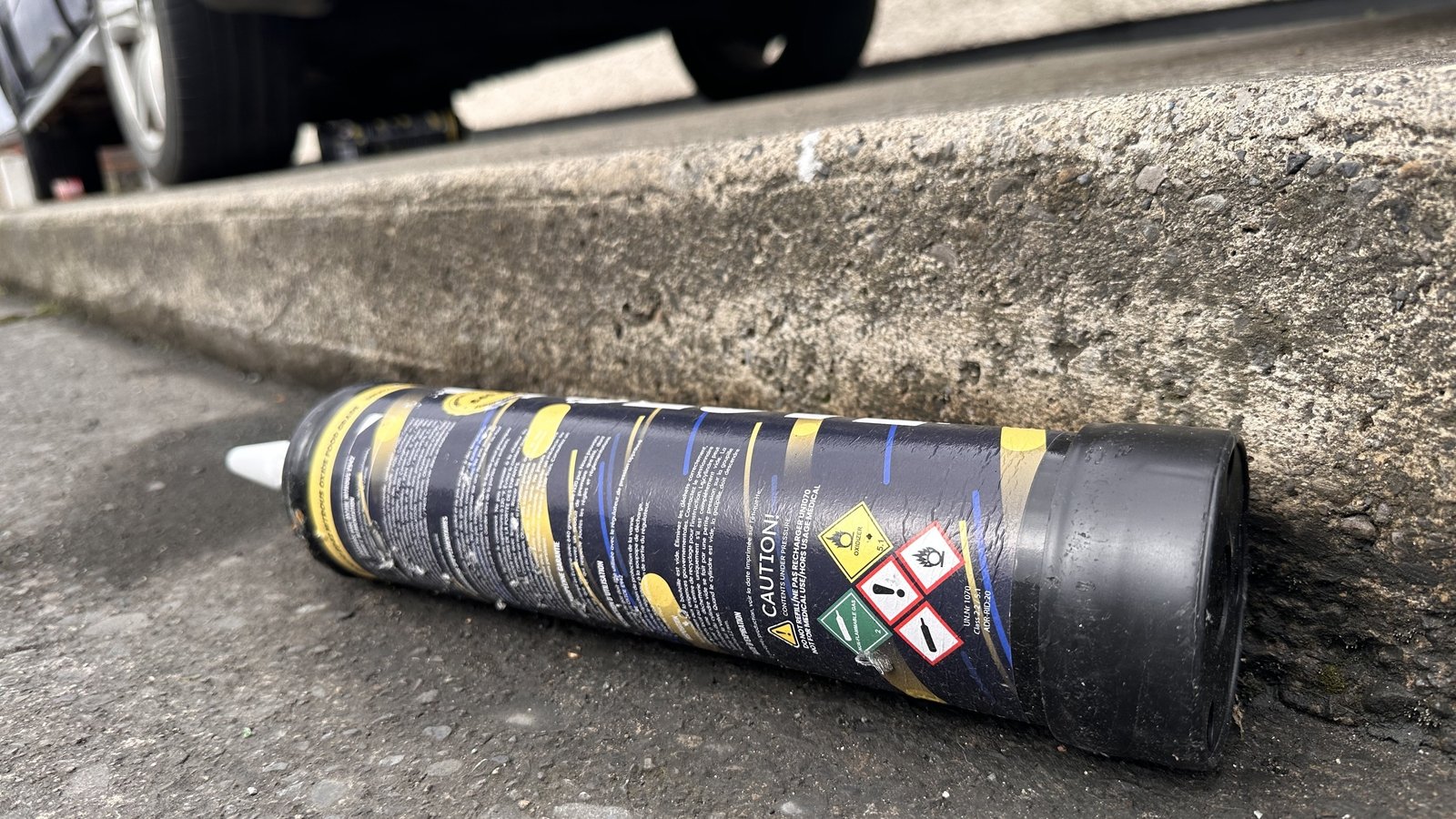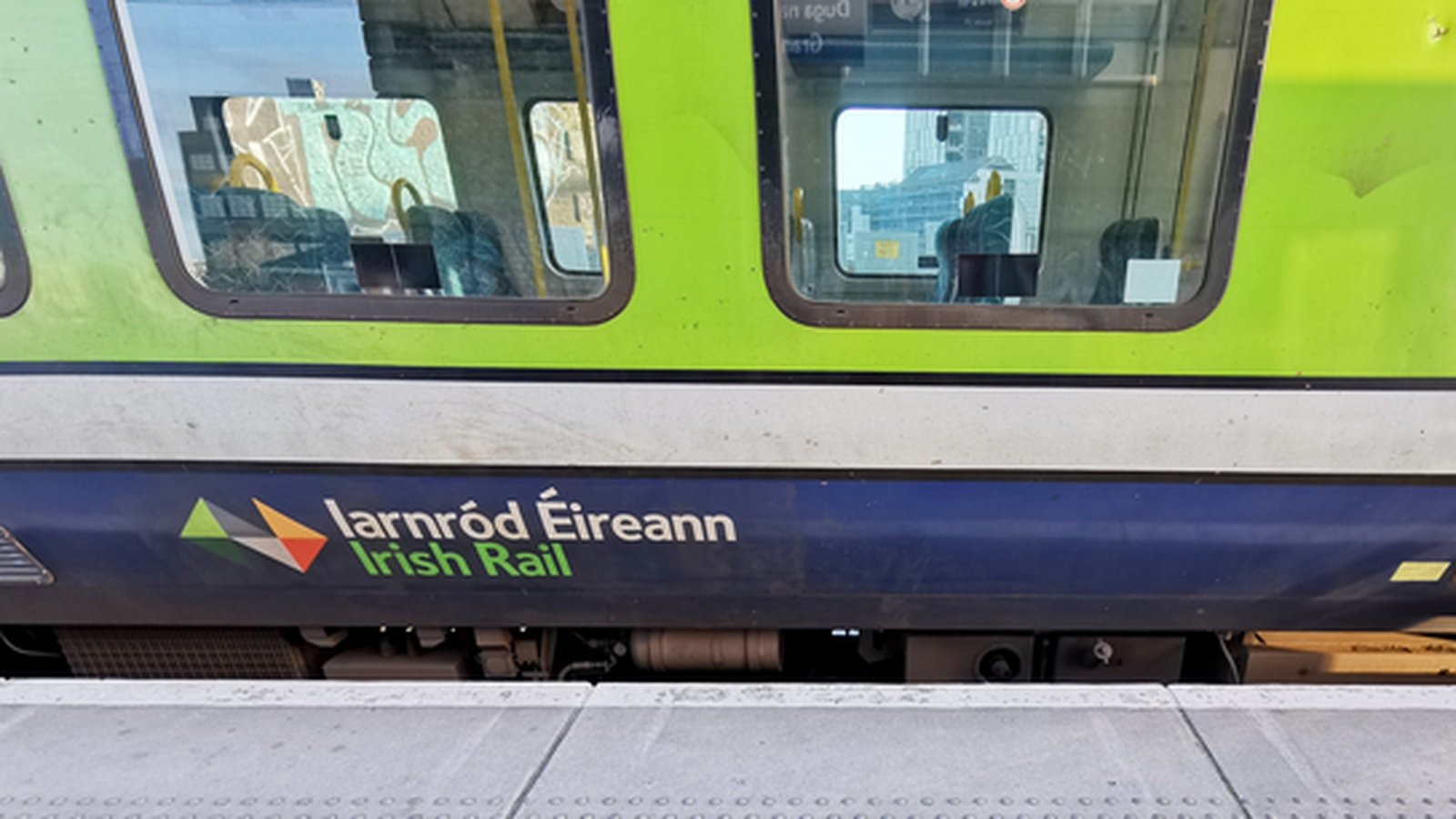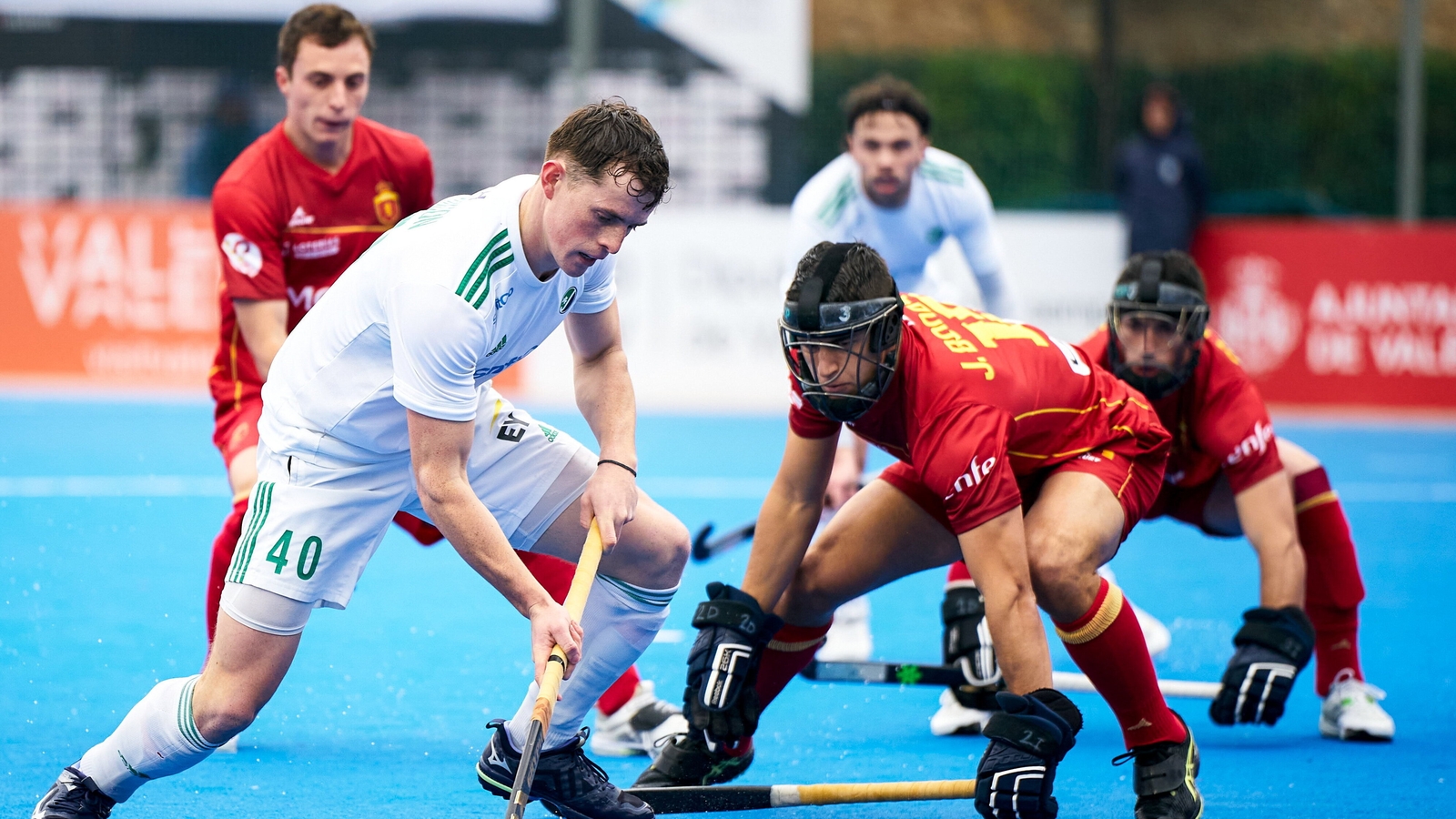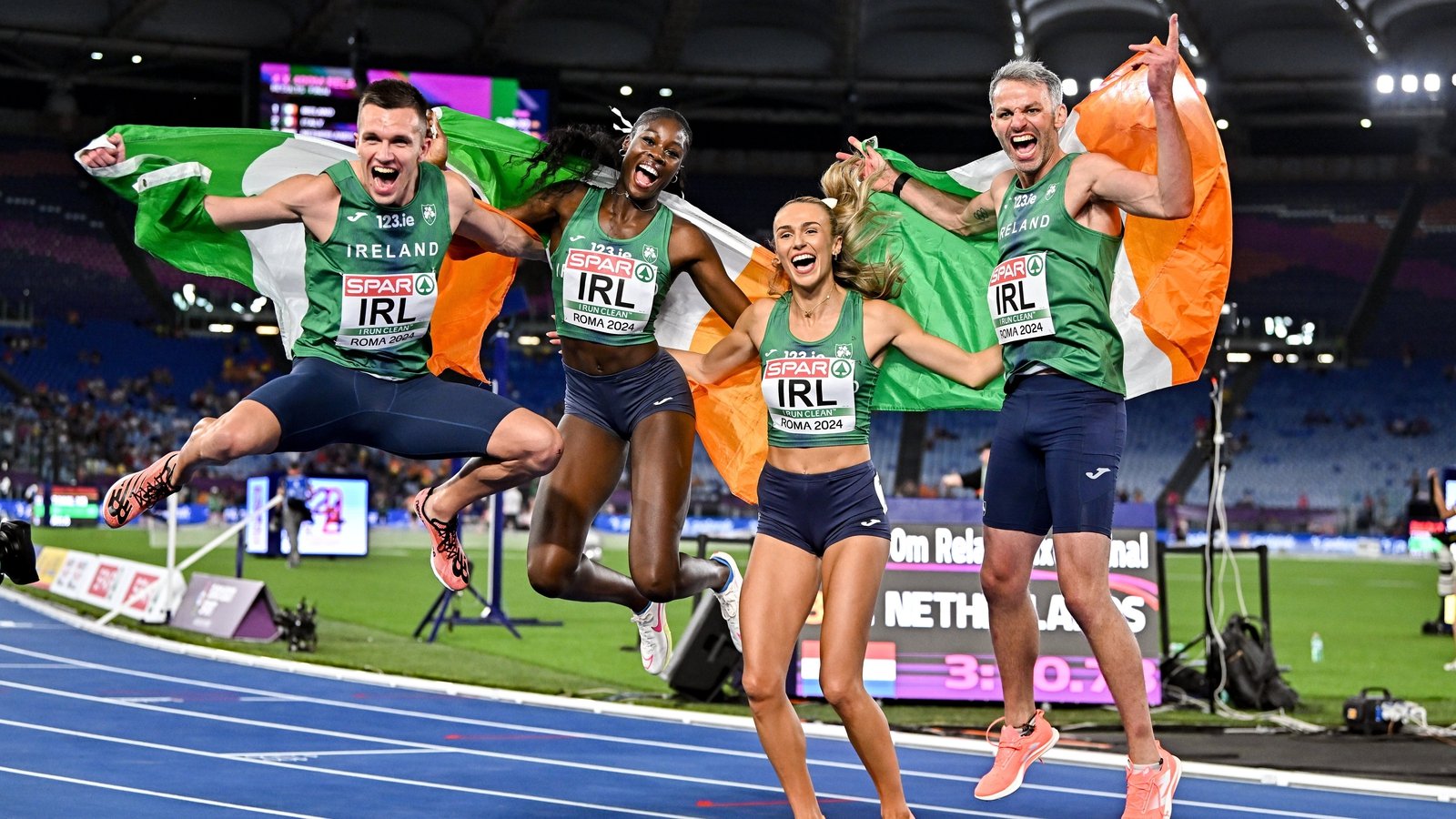Bush election caused concern over interest in Ireland

George W Bush’s narrow victory in the 2000 Presidential election didn’t come entirely as a surprise to the Irish Embassy in Washington.
Four months before the vote, the embassy sent Dublin a scathing assessment of his opponent, out-going Vice-President, Al Gore.
The embassy felt Gore was suffering by being linked to the “ethically damaged” President Bill Clinton, was running a lacklustre campaign with little focus or direction, and above all, had a “wooden” personality and was unable to connect with people while campaigning.
When he lost, Irish diplomats were worried at the change of party in control of the White House, after Clinton’s close interest in Irish affairs.
The first test of the new administration’s attitude would come with St Patrick’s Day, and whether President Bush continued the traditional shamrock ceremony, highly valued by the Irish as it gave the taoiseach of the day annual access to the White House (an access of which other countries are extremely jealous).
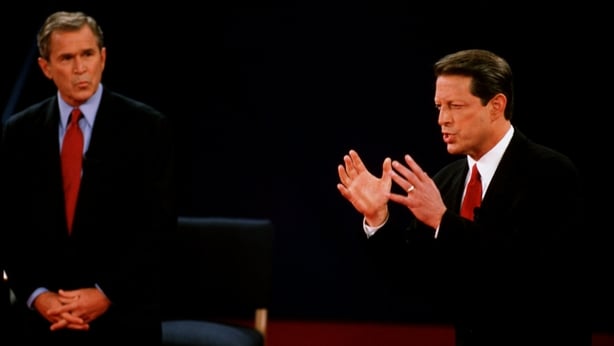
Irish Ambassador Seán O’Huiginn raised the issue with the new Deputy National Security Advisor, Stephen Hadley, in February 20001.
Hadley said that on Ireland, “the policy remained the same, but its implementation would fit the new arrangements and the style and personality of the new President. The President’s general approach was one of informality and his way, by and large, would be to deal with his counterparts on a relaxed one-to-one basis, rather than on the basis of precedents of other Presidents”.
The ambassador took this to mean there wouldn’t be a party in the White House for St Patrick’s Day.
But to encourage the administration to retain the actual shamrock ceremony itself (and the all-important visit to the White House by the taoiseach), he emphasised that it was a long-standing tradition. To drive home the point, he produced photographs of previous Republican presidents taking part – Gerald Ford, Ronald Reagan, and the new president’s father, George H W Bush.
His case was persuasive, and the new administration went ahead with a shamrock ceremony, but without a Clinton-style late-night party to follow.
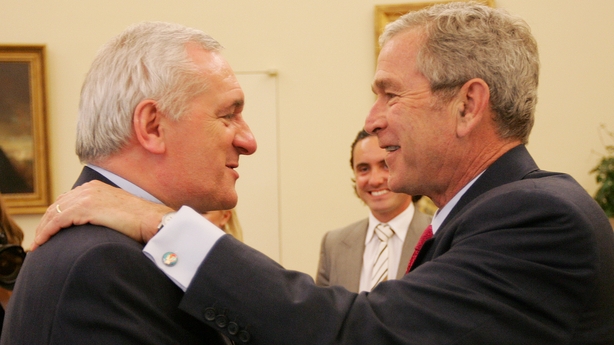
When taoiseach Bertie Ahern met President Bush in the Oval Office on 16 March, they discussed trade, Ireland’s membership of the UN Security Council, Iraq (Bush was concerned that sanctions were not working, and that Sadaam Hussein “cared nothing about his people”), and Russia’s President Putin (Bush “referred to Putin’s KGB background and said his mentality remained in that framework… Russia needed to pay attention… to its threatening behaviour towards some of its contiguous neighbours”).
Six months before the 9/11 terrorist attacks, Bush also said that “the Cold War was over and there was a need for a new mentality… Threats today came mainly from terrorist acts, whether sophisticated or otherwise”.
On Ireland, the president said the US would respond to any request from the two governments for help. “He didn’t want to ‘butt in’ but he would be glad to help where help was needed.” Bush added that his newly appointed ambassador-at-large with responsibility for Ireland, Richard Haas, would always be available “for issues that concern your country”.
Haas proved to be a useful contact for ambassador O’Huiginn, who called on him in September 2001 to discuss the recent arrest of the so-called “Columbia Three” (Niall Connolly, James Monaghan, and Martin McCauley) who had been arrested in the South American country on suspicion of helping to train members of FARC, a Marxist terrorist group.
Ambassador O’Huiginn said the claim that the men had been involved in “peace education” was “not sustainable”. Haas was even more dismissive, saying such explanations were “insulting to our intelligence”. FARC, he said, were a “thoroughly bad bunch”, and he found it “hardly imaginable” that the IRA had got involved with them. He didn’t believe this could have been a rogue operation. A “clear message” would have to be given to Sinn Féin, he added.
Republican room to manoeuvre had been limited by the American reaction to the IRA’s Colombian escapade; it would be further circumscribed a few days after O’Huiginn’s meeting with Haas, when the 9/11 attacks changed US attitudes towards terrorism forever.
By David McCullagh and Shane McElhatton
[Based on documents in 2022/48/616; 2023/53/29; and 2023/155/41]

